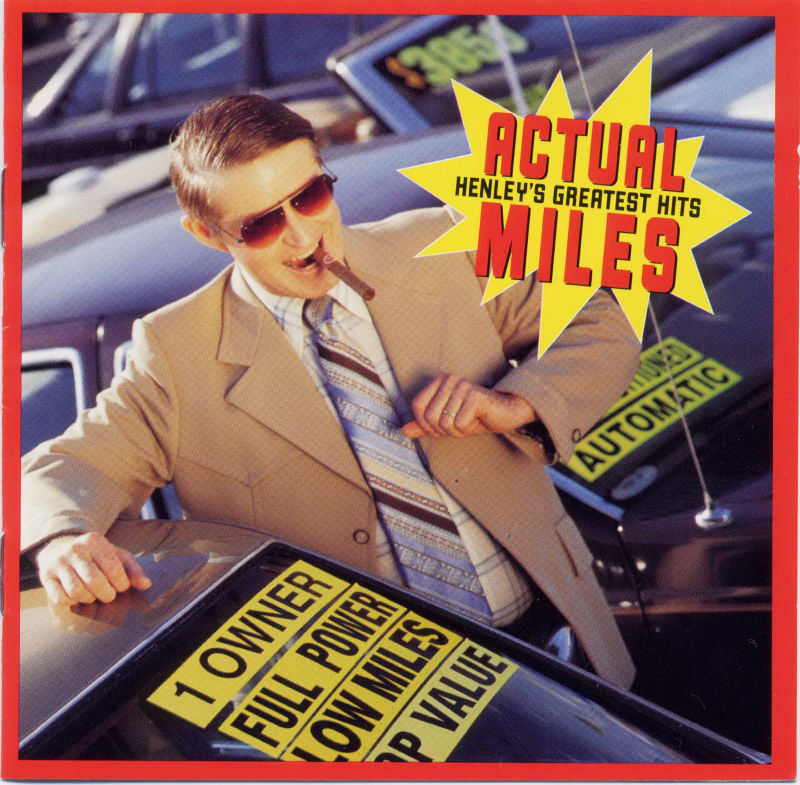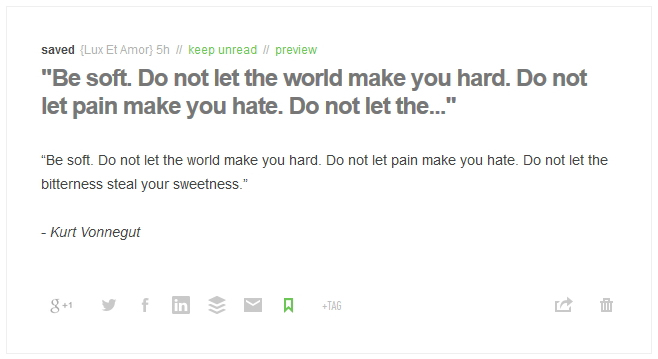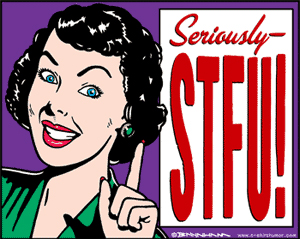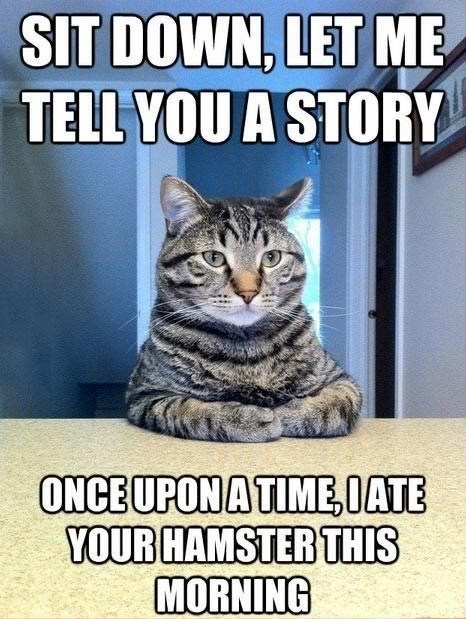 Someone sent me to an interesting article on a book I haven’t read, The Revolt of the Masses by José Ortega y Gasset. I hesitated to write this because I haven’t read the book, but I’m actually commenting on the post itself.
Someone sent me to an interesting article on a book I haven’t read, The Revolt of the Masses by José Ortega y Gasset. I hesitated to write this because I haven’t read the book, but I’m actually commenting on the post itself.
“The Smartest Book About Our Digital Age Was Published in 1929. How José Ortega y Gasset’s The Revolt of the Masses helps us understand everything from YouTube to Duck Dynasty.”
Are you, like me, puzzled to learn that Popular Science magazine recently shut down comments on its website, declaring that they were bad for science? Are you amazed, like me, that Duck Dynasty is the most-watched nonfiction cable show in TV history? Are you dismayed, like me, that crappy Hollywood films about comic book heroes and defunct TV shows have taken over every movie theater? Are you depressed, like me, that symphony orchestras are declaring bankruptcy, but Justin Bieber earned $58 million last year?





 After hours and hours of XY Tax Deduction running his mouth and being told repeatedly to be quiet:
After hours and hours of XY Tax Deduction running his mouth and being told repeatedly to be quiet: It may or may not be common knowledge that, under my real name, I run
It may or may not be common knowledge that, under my real name, I run 
 I had several ideas for this post’s title:
I had several ideas for this post’s title: Orson Scott Card doesn’t make a hill of beans’ worth of difference to me. I never read him until I was an adult (and haven’t read Ender’s Game), I was underwhelmed with the Alvin Maker series, and aside from his strong views on homosexuality, he has some other truly whacko ideas that also thoroughly and completely offend my libertarian sensibilities.
Orson Scott Card doesn’t make a hill of beans’ worth of difference to me. I never read him until I was an adult (and haven’t read Ender’s Game), I was underwhelmed with the Alvin Maker series, and aside from his strong views on homosexuality, he has some other truly whacko ideas that also thoroughly and completely offend my libertarian sensibilities.